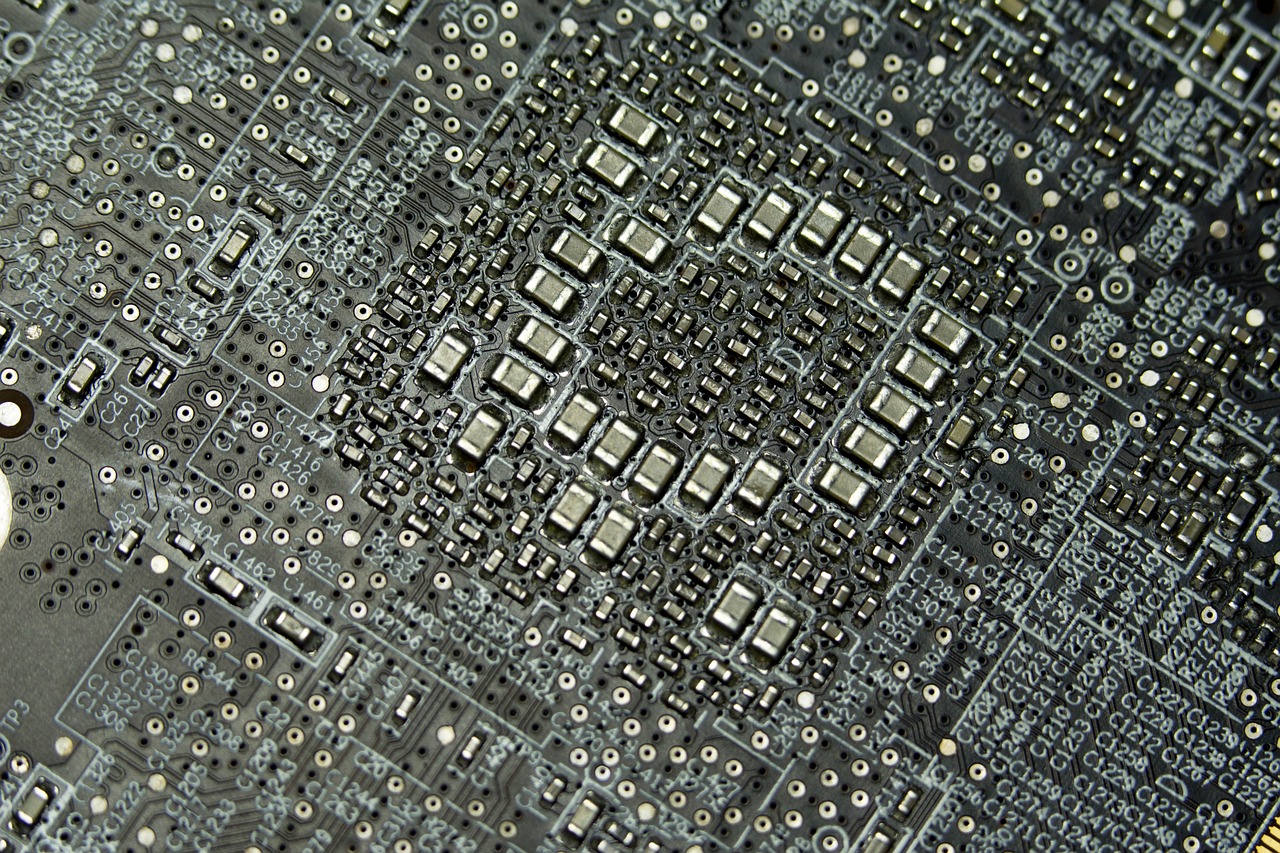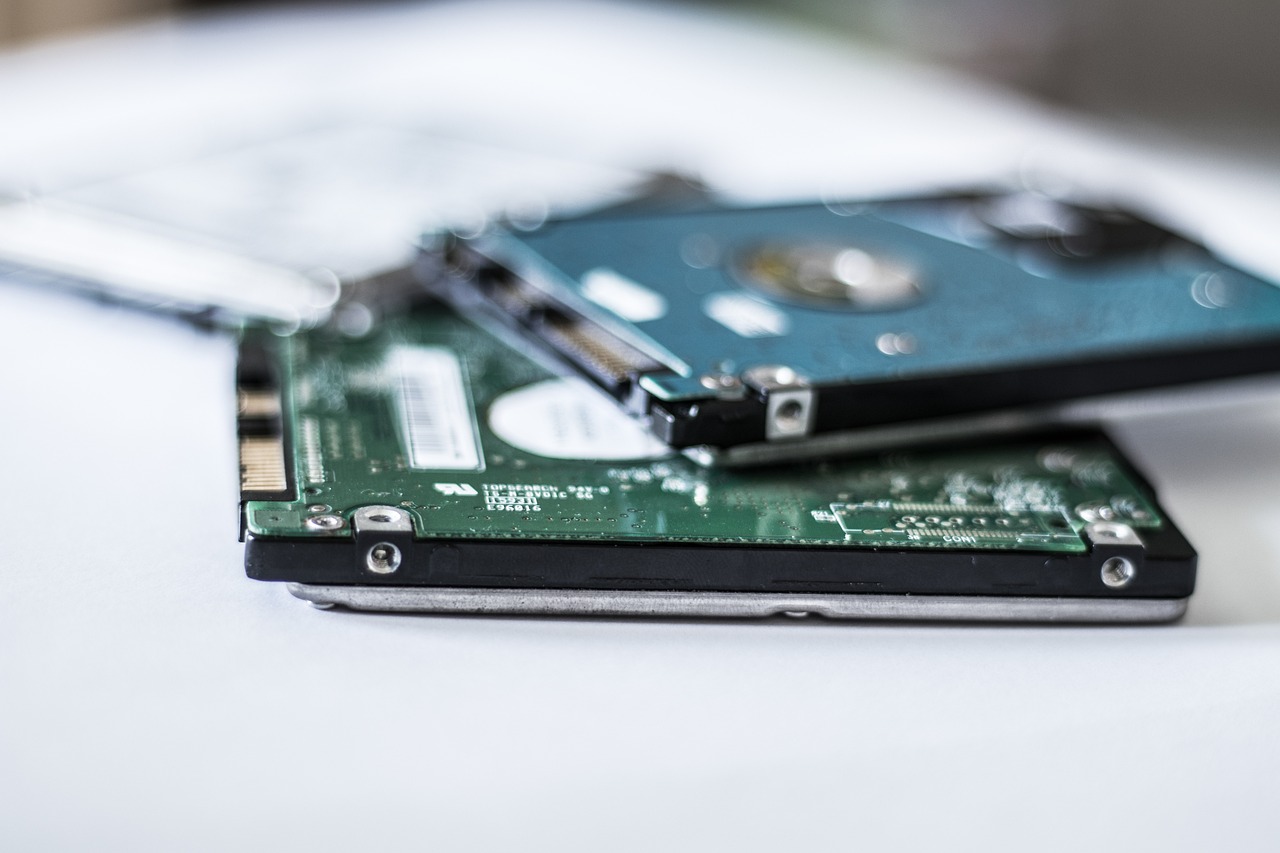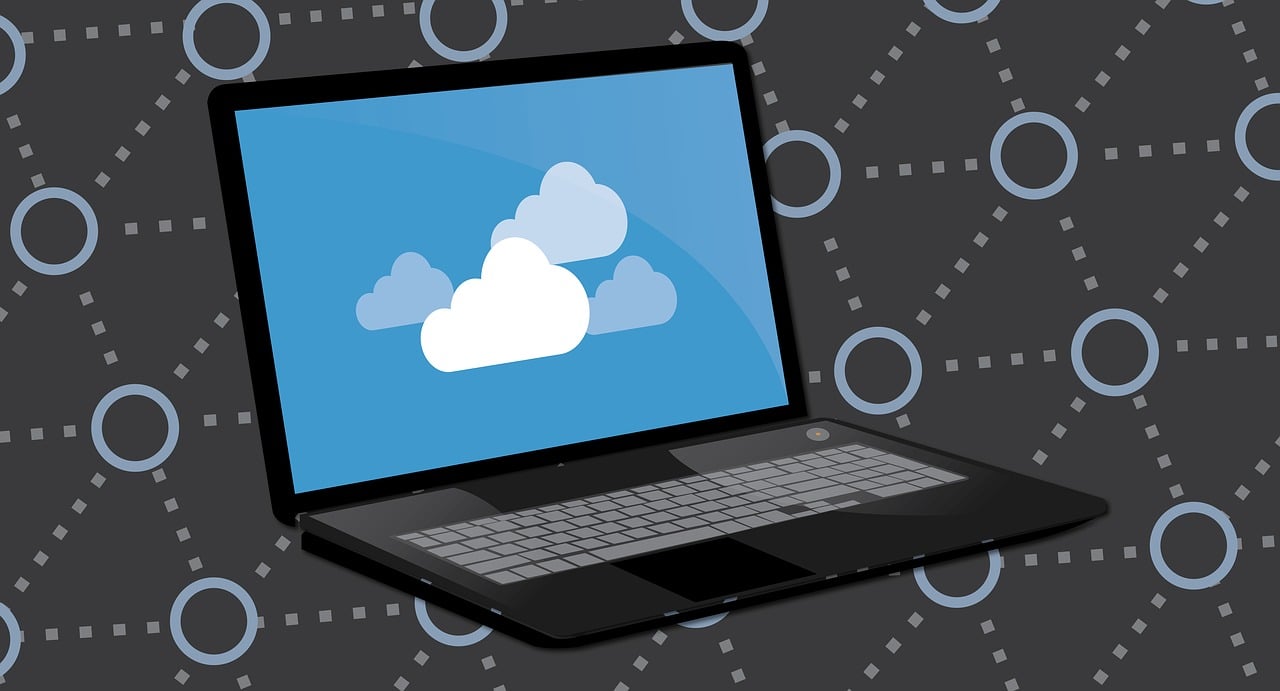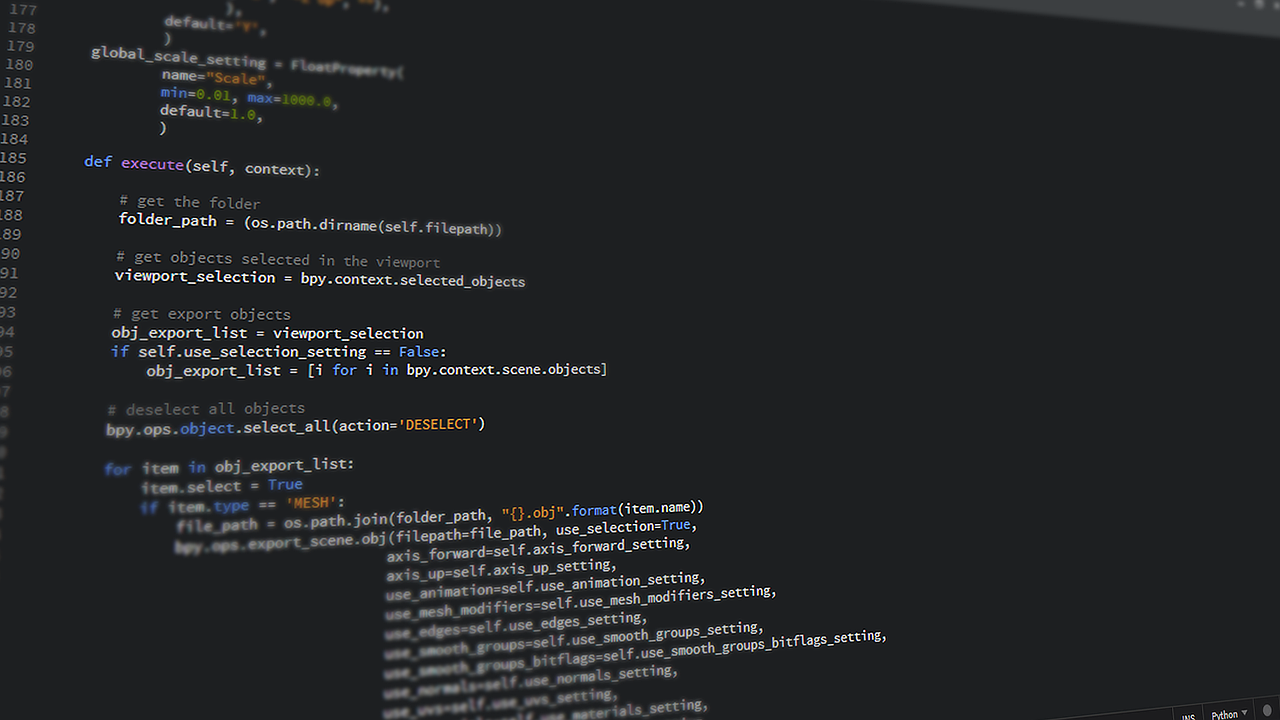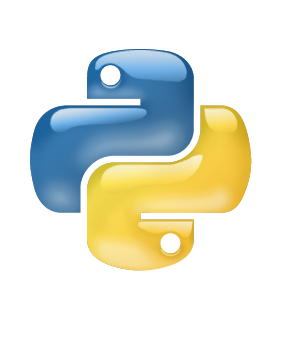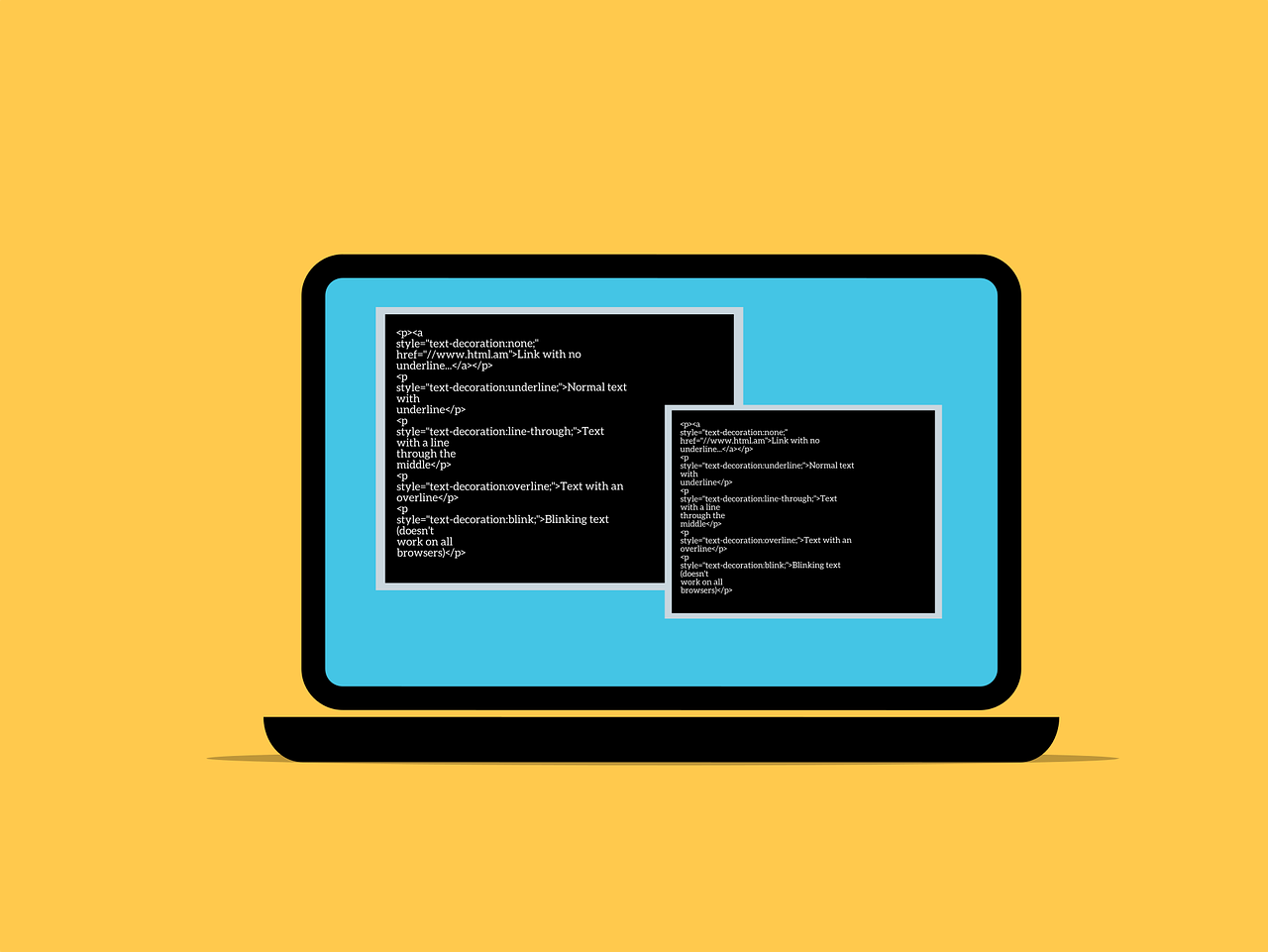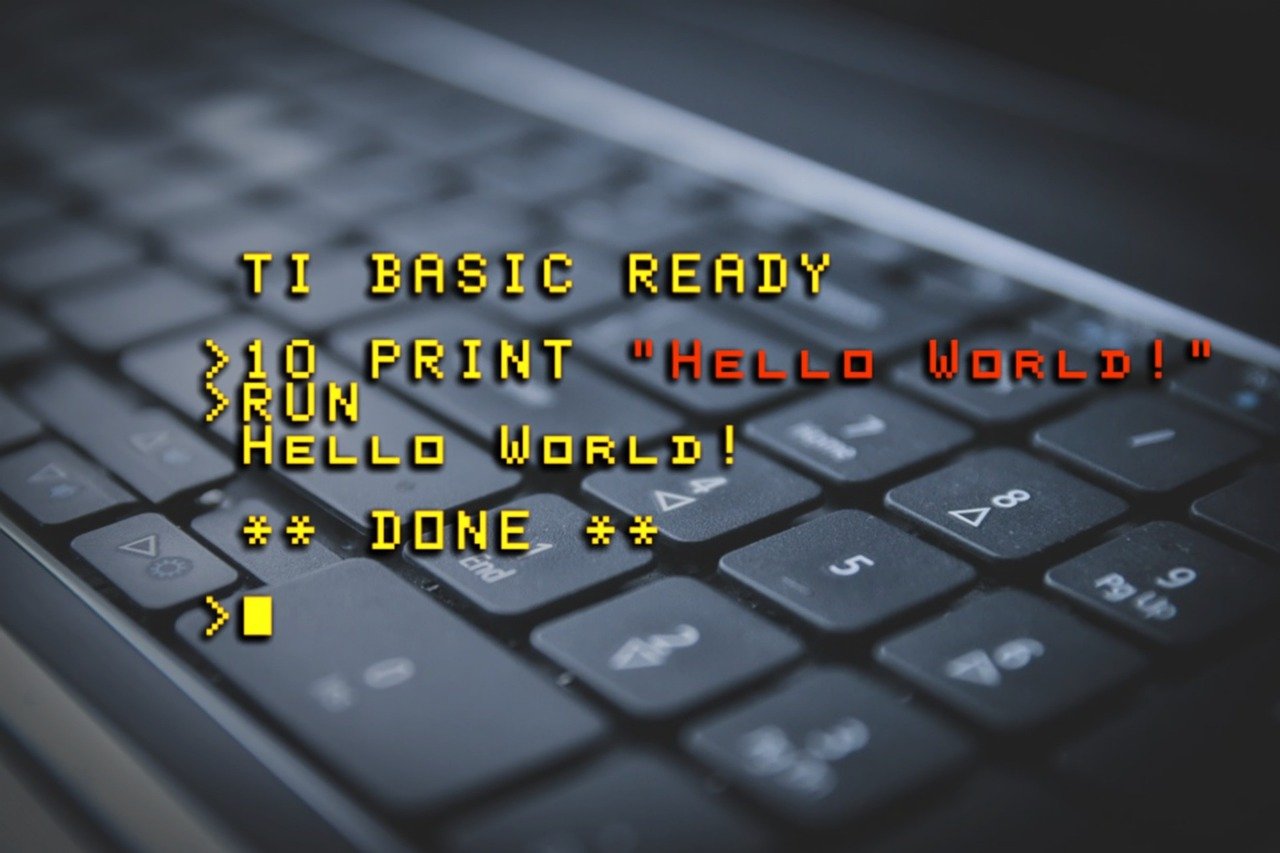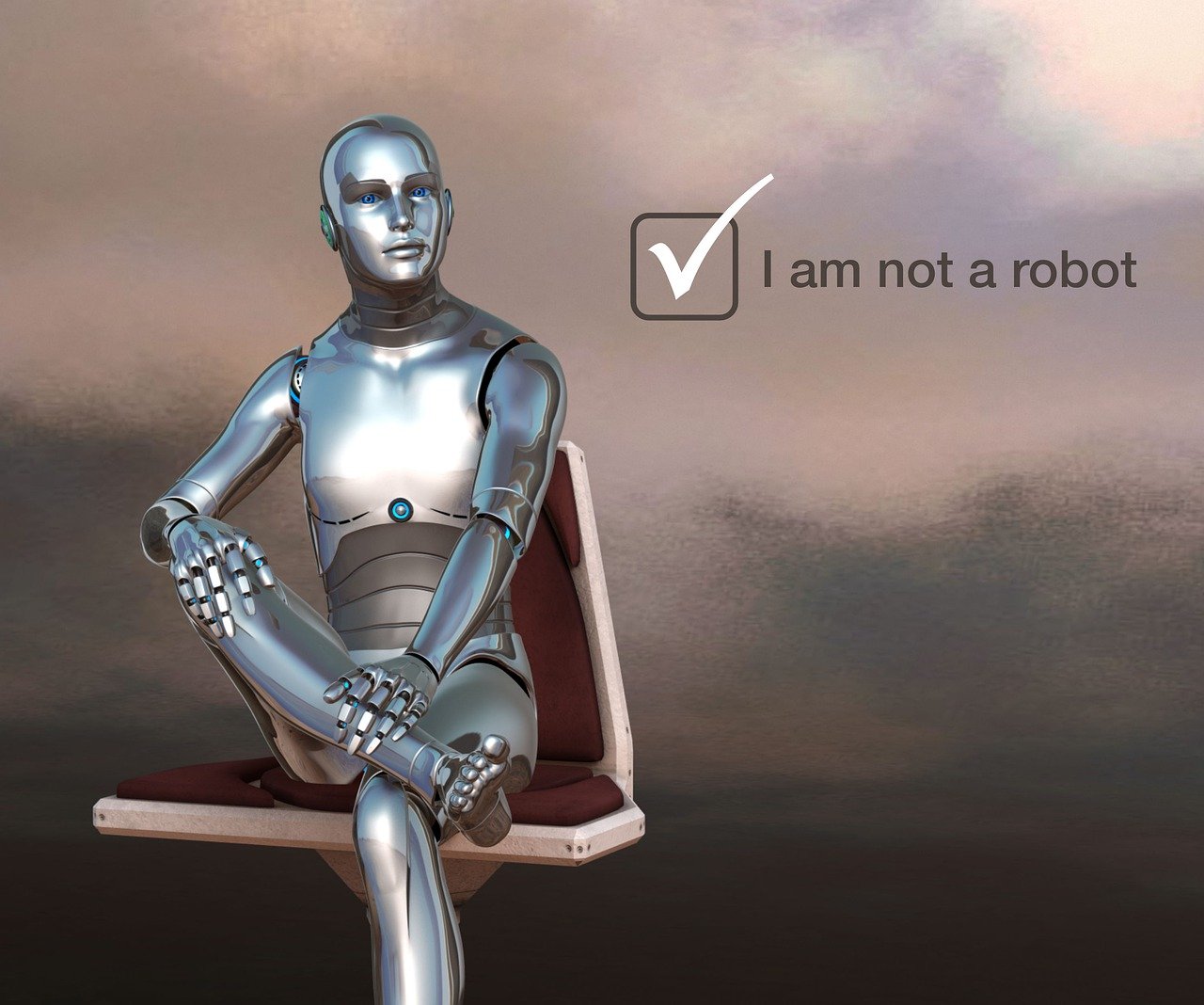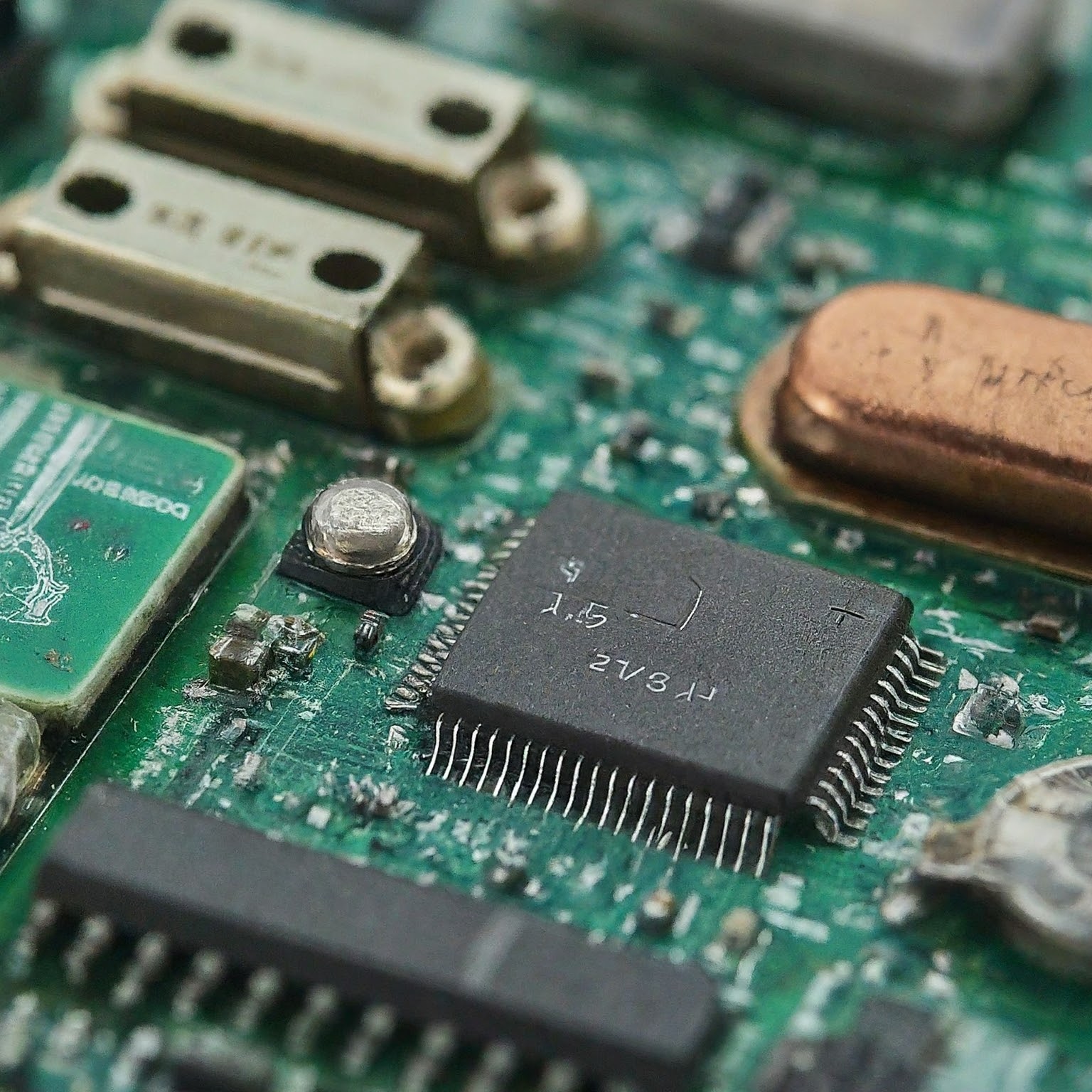
In the annals of technology, few stories capture the spirit of open-source collaboration and innovation like that of Linux. This iconic operating system, powering everything from supercomputers to smartphones, wasn't born in a corporate lab, but from the passion and perseverance of a young Finnish student named Linus Torvalds. Let's embark on a journey through the rich tapestry of Linux's history, exploring its humble beginnings, pivotal milestones, and the diverse ecosystem it has nurtured.
1991: A Seed is Sown: It all began in 1991, when a 21-year-old Torvalds, captivated by the burgeoning world of computers, decided to build his own operating system. Armed with an Intel 80386 PC and a thirst for knowledge, he wrote the original Linux kernel, initially intended for personal use. Little did he know, he was planting the seed of a revolution.
Early Adoptions and the Power of Open Source: The nascent Linux kernel quickly gained traction among computer enthusiasts and academics. Its source code, freely available under the GNU General Public License, allowed anyone to modify and redistribute it, fostering a vibrant community of developers and tinkerers. This open-source philosophy became the bedrock of Linux's success, attracting passionate contributors who saw the potential for an operating system built by the people, for the people.
Distribution Diversity and the Rise of Ubuntu: As Linux matured, different "distributions" emerged, each catering to specific needs and user preferences. Popular distributions like Debian, Red Hat, and Ubuntu transformed Linux from a technical experiment into a user-friendly and accessible platform. Ubuntu, in particular, played a pivotal role in bringing Linux to the desktop with its intuitive interface and focus on ease of use.
Breaking free from Desktops: Servers, Supercomputers, and Beyond: While Linux began on desktops, its versatility saw it conquer other realms. Its stability, security, and scalability made it a perfect fit for servers, powering websites, databases, and cloud computing giants like Google and Amazon. On the other hand, its ability to handle intensive calculations propelled it into the world of supercomputing, with Linux-based systems consistently topping the world's fastest computer rankings.
The Present and Beyond: A Flourishing Ecosystem and Endless Possibilities: Today, Linux is ubiquitous. It powers billions of devices, from embedded systems in everyday household appliances to the Android operating system that dominates the mobile landscape. The Linux ecosystem continues to thrive, with a vast array of software applications, development tools, and hardware compatibility. Looking ahead, the future of Linux is bright, with exciting possibilities in areas like artificial intelligence, cloud computing, and the emerging Internet of Things.
In a nutshell: From Linus's basement project to a global phenomenon, Linux's history is a testament to the power of open source collaboration, passionate communities, and unwavering innovation. As it continues to evolve and adapt, one thing remains certain: Linux will continue to shape the future of computing, empowering users and developers alike to push the boundaries of what's possible.
This is just a glimpse into the vast and fascinating history of Linux. To truly appreciate its journey, delve deeper into the stories of its creators, contributors, and the countless innovations it has enabled. Remember, Linux is more than just an operating system; it's a community, a philosophy, and a testament to the boundless potential of human ingenuity.
Your email address will not be published. Required fields are marked *







